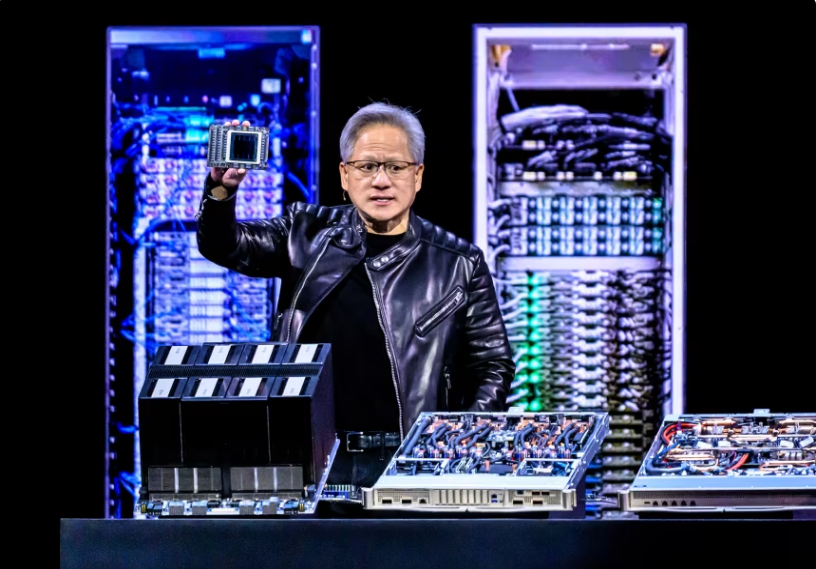EU pushes China to the wall on issues of Trade and Human Rights
On September 14, Xi Jinping participated in China-Europe Summit and held discussions with German Chancellor Angela Merkel, European Council President Michel and European Commission President Ursula Vonder Lein.
The agenda of this summit included seven-year EU-China investment agreement, as well as issues such as climate change, economic and trade issues, Hong Kong and human rights, COVID-19, economic recovery, and the South China Sea.
With respect to the issue of human rights in China, the Big Three of the European Union criticized China over a range of issues such as the controversial implementation of National Security Law in Hong Kong, suppression of freedom of press and speech, human rights issues in Tibet and Xinjiang, especially the Xinjiang re-education camps. The EU called for an independent investigation team to be allowed to visit Xinjiang.
On the issue of COVID, the EU emphasized on the importance of international cooperation and urged China to cooperate on the issue. EU stressed that not only is it important to develop a vaccine, but it is also important to find the truth behind origin of the virus.
The EU’s focus at this summit was on economic issues. The EU is China’s largest trading partner, with daily bilateral trade volume exceeding 1 billion Euros. China is EU’s second largest trading partner after the United States. In terms of economic issues, the European Union criticized the Chinese authorities for “violating a series of global trade principles” from overcapacity of steel, to the theft of intellectual property from Western countries, the EU also criticizes the degree of openness of the Chinese market, which is not on the same level as the access given to Chinese products in European market. The Chinese delegation got lot of condemnation for creating obstacles and unfair practices meted out to “telecommunications, IT, biotechnology and medical” industries.
Xi Jinping did not attend the press conference and did not issue a joint statement at the summit.The summit was held in the background of deteriorating U.S.-China relations. The Chinese Foreign Minister Wang Yi and Politburo member Yang Jiechi have visited Europe successively with the intention of improving China-EU relations.
The CCP is grappling with various internal and external issues and are hence eager to make a diplomatic breakthrough with improving relations with Europe being the top priority.
The standard set by the EU on human rights and causes of epidemic, Xi Jinping did not promise much to the EU, but tried to divert the topic. The response to the human rights issue exposed the true attitude of the CCP, when Xi responded to these criticisms that it does not accept ‘an instructor’ on the human rights issue.
The summit may have proven counterproductive to the Chinese authorities who were seeking to rebalance its relationship with the EU. If the Chinese continue to ignore the human rights issues raised by EU, it may lead to tense situations in future, and if Beijing do not address the key concerns of EU leadership on economic irritants, it may even provoke a trade war between EU and China. The EU is likely to follow the US and inevitably push for economic decoupling.
With this summit, the top CCP leaders were eager to break through the dilemma of diplomatic isolation led by US, but in essence they ended up in pushing themselves against the wall by EU, especially on trade and human rights issue.












